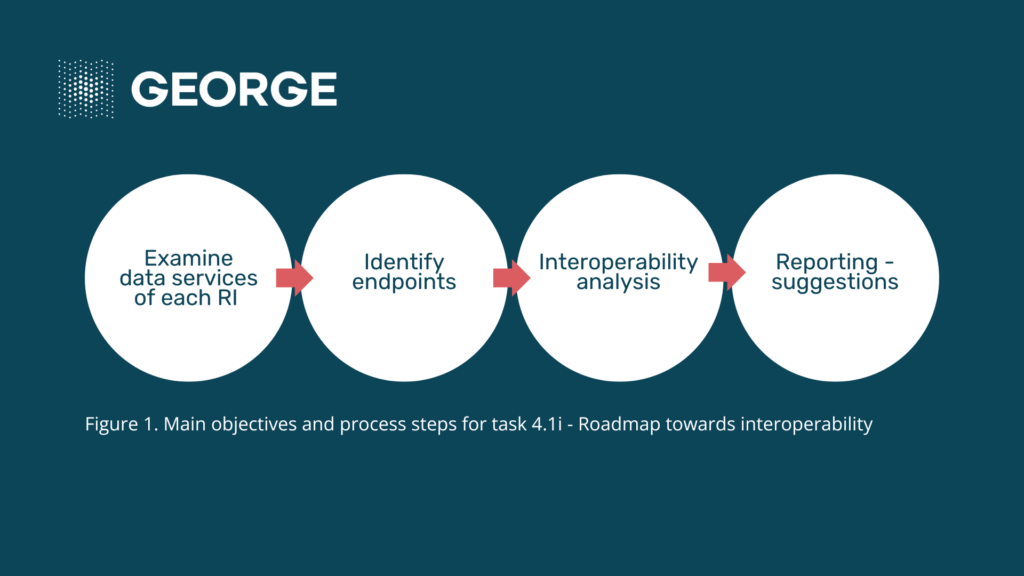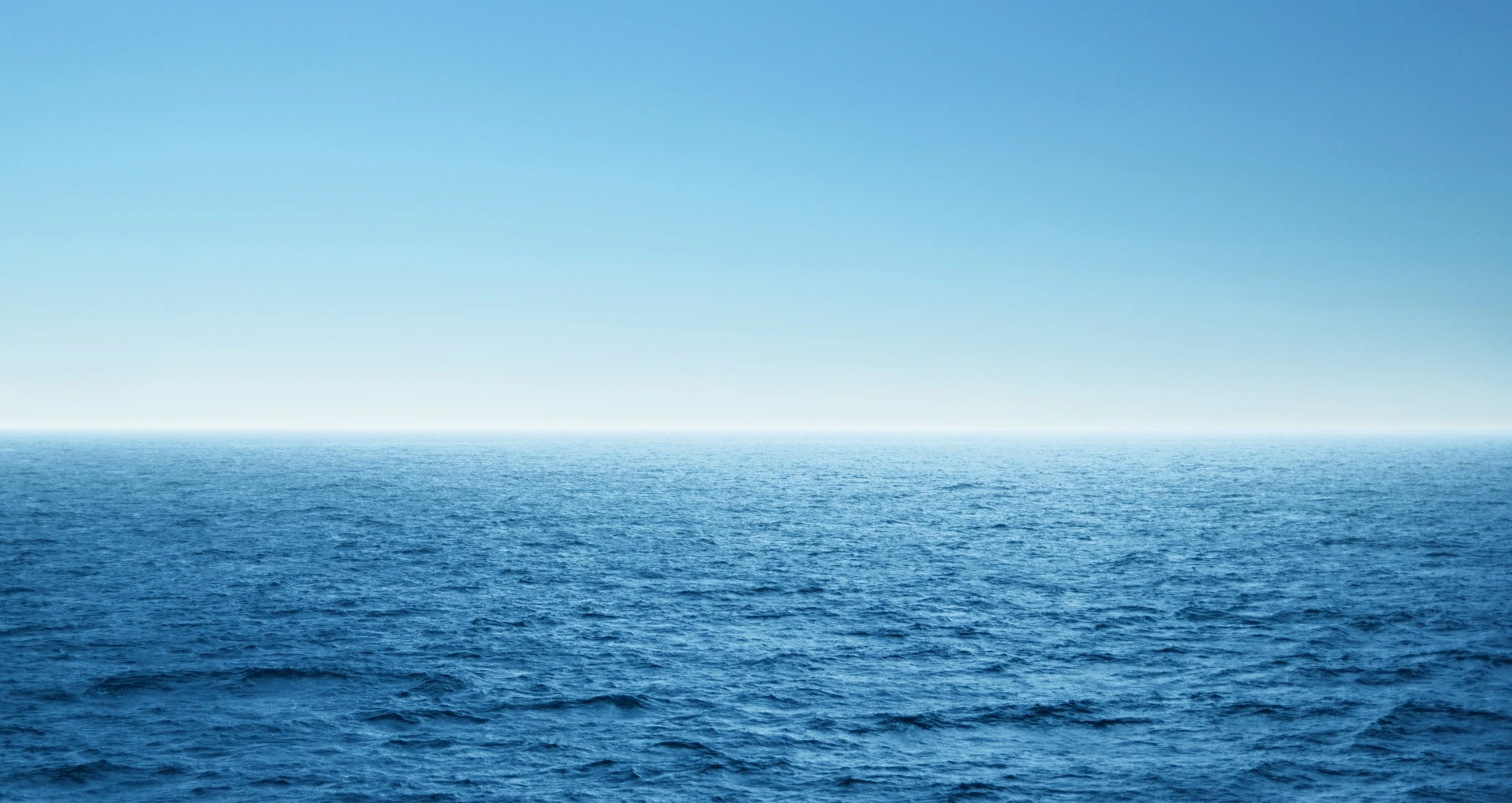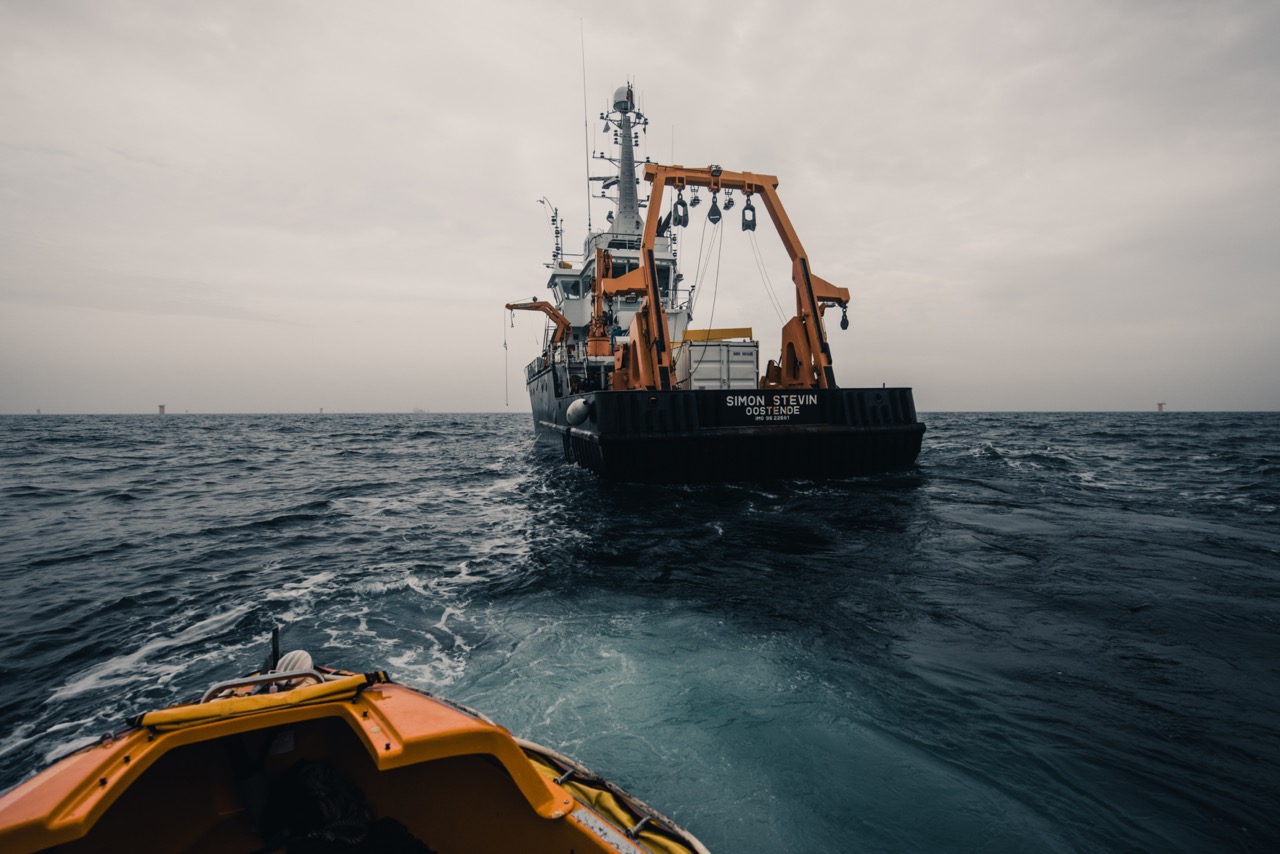The ocean plays a crucial role in the global carbon cycle. Long-term, sustained in situ ocean observations are essential for understanding its role and supporting key climate policies. To meet this challenge, GEORGE is advancing the technological readiness of European ocean observing infrastructures (EMSO, ICOS, Euro-Argo) by developing and demonstrating an integrated, state-of-the-art multi-platform system for monitoring the ocean carbon system.
Central to this mission is Work Package 4 (WP4), which focuses on improving data integration, harmonising observation methods and ensuring high-quality data across multiple ocean observing platforms. This work contributes to enabling high-precision, long-term monitoring of CO2 dynamics in the ocean.

Two recently published project deliverables, D4.1 Interim report on how central data service will benefit all RI’s and Adaptive Sampling and D4.3 Interim report on pathways towards improved quality of pCO2 data from different platforms demonstrate substantial progress in meeting these objectives.
Interoperability is a necessity for Research Infrastructures
In the newly published D4.1 Interim report on how central data service will benefit all RI’s and Adaptive Sampling, key progress was made under Task 4.1, which addresses data interoperability, adaptive sampling, and network gaps. The roadmap towards interoperability (Task 4.1.i) focuses on enhancing machine-to-machine (M2M) data sharing across RIs by analysing data endpoints, identifying technical barriers, and developing recommendations. The next steps involve a deeper analysis of data properties and the integration of adaptive sampling insights from upcoming demonstration cases.
“As technologies advance and observation systems grow more complex, making scientific outputs easily accessible across Research Infrastructures has become essential,” says Dr Ute Schuster, co-lead of the work package. “Interoperability isn’t a checkbox or a measure of completion—it’s about the cumulative ‘cost of use.’ The overall goal is to increase efficiency and reduce risks and costs associated with data life cycle.”

The adaptive sampling strategy (Task 4.1.ii) uses the FleetBot tool to optimise data collection by autonomous vehicles based on real-time environmental conditions. Successful simulations at the Porcupine Abyssal Plain (PAP) Sustained Observatory have already demonstrated the value of minimising sampling errors through optimised vehicle navigation. Future plans include expanding simulations and integrating additional biological and physical indicators to refine the strategy.
Finally, the ongoing gap analysis (Task 4.1.iii) focuses on identifying data accessibility issues by testing whether existing services are usable by both domain experts and non-experts. Two primary use cases—combining data from fixed stations and integrating glider-based data—will guide improvements in network capacity and interoperability.
Improving quality of pCO2 data through validation and calibration
The second new WP4 deliverable, D4.3 Interim report on pathways towards improved quality of pCO2 data from different platforms, highlights progress in improving the quality of ocean pCO2 measurements. Under Task 4.2.i, surface ocean pCO2 data from ICOS SOOP platforms is being used to validate emerging sensor technologies on Euro-Argo floats. The first Argo-pCO2 deployments were made in the Baltic Sea’s Bornholm Basin in 2024, with promising early results showing alignment between surface and subsurface measurements. This work is part of a wider effort to increase the calibration of instruments used in ocean carbon measurements.
“Within Europe we are lacking an established calibration facility for instruments that are monitoring the marine carbon system. In GEORGE, we will develop a prototype of a calibration rig in strong collaboration with the three RIs and associated stations. While focusing on the calibration of carbon variables, options for a future extension towards other variables of interest will be evaluated. The design will be based on technology and methodologies that are acknowledged by the community”, says Dr Tobias Steinhoff, co-lead of the GEORGE WP4.

Overdetermination refers to a method of validating and improving the accuracy of measurements by using multiple independent parameters of the ocean’s carbon system. In Task 4.2.ii, focusing on overdetermination, multiple carbonate system parameters (pCO2, DIC, TA, pH), have been applied in both the Baltic Sea and North Atlantic to enhance data consistency. Sensor integration on vessels like the Finnmaid and Atlantic Sail has progressed, and upcoming deployments in 2025 will refine internal consistency checks.
Finally, under Task 4.2.iii, the design of a calibration tank for marine carbon sensors was completed in 2024, with construction planned for 2025. The facility will undergo testing to ensure it meets the long-term calibration needs of the project, with field deployment expected in 2026.
Read more
- D4.1 Interim report on how central data service will benefit all RI’s and Adaptive Sampling (submitted, under review of project officer)
- D4.3 Interim report on pathways towards improved quality of pCO2 data from different platforms (submitted, under review of project officer)
- Learn more about how the DE-SOOP Finnmaid station and how it contributes to GEORGE as a testing site.


